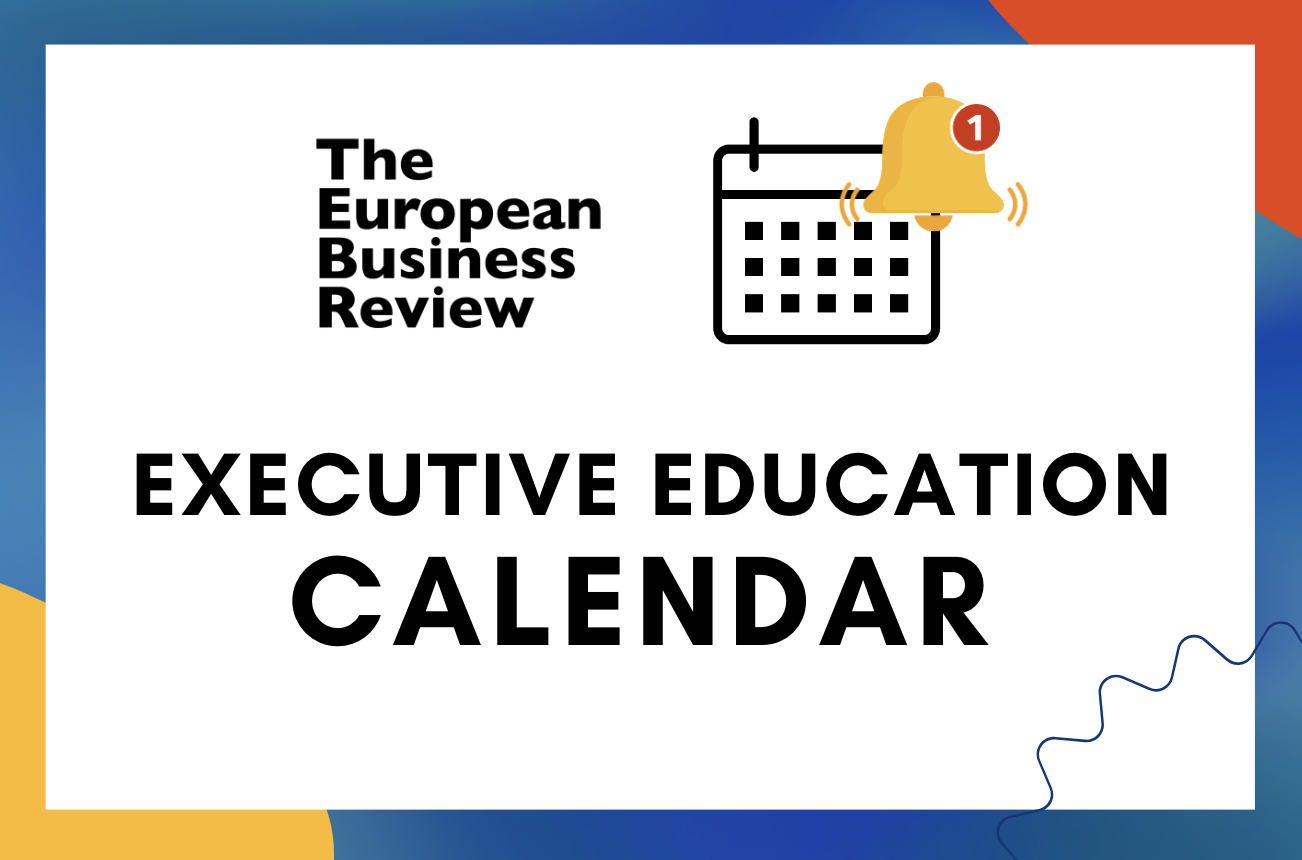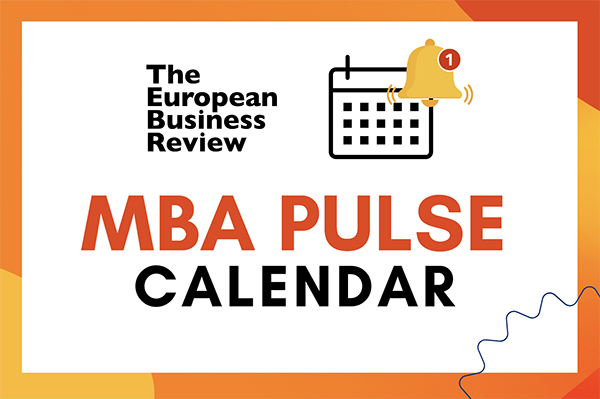“We can get away with this because we are Brand Y”. I heard this too many times in my career. The days when brands could rely on authority or legacy to secure top rankings are over. Visibility is no longer solely about who you are but about how relevant you are to a user’s intent in the moment. Algorithms, AI assistants, and shifting discovery behaviours have rewritten the rules: you don’t rank because you matter, you rank because you’re relevant… and also because you matter.
Organic search is no longer a channel, but a user behaviour we build products around. This was the key idea I wanted to share with my audience at the Digital Marketing World Forum this year, and it is the idea behind my book “SEO as a distribution game”. When we understand that search is a reflection of intent, it becomes natural that the days of optimising for just Google’s blue links are behind us. Today’s users discover content through AI assistants, TikTok feeds, voice searches, marketplace queries, and rarely with a simple typed keyword.
Moreover, the user funnel is becoming almost a perfect loop: users search on LLMs, which in turn rely on Google results, and then users often return to Google to validate or go deeper. This creates a circular dependency where both platforms feed each other, reinforcing Google’s role while shaping how LLMs surface answers.
This fragmented discovery journey, accelerated by generative AI and privacy-first policies, demands a new playbook. SEO is no longer just technical or keyword-focused; brand recognition and engagement become critical for the success of any business. Brands must be where their audiences are. Organic is now a strategic distribution engine for visibility and growth across digital surfaces. If you want to rank and be discoverable by your customers, your brand needs to matter across the web, and your services or products must be relevant.
I’ve been lucky to collaborate closely with Product teams, and when SEO aligns with Product, it stops seeking permission and starts delivering real impact. In recent years, leading SEO at Eventbrite and now Organic Marketing Growth at Busbud, I’ve witnessed the power of distribution. Eventbrite has been distributing its content to platforms where its audience is active, by working with Google, TikTok, Spotify… At Busbud, we are now attacking the Google space and the recent Google Bus space, but we know our users seek information across searchable platforms, not only on Google.
Today, users need to genuinely love you and your products or services. If the new organic search is about relevance, then the playbook to succeed must evolve as well.
Relevance today goes far beyond keywords. Stop thinking about content and blog posts. Consider your audience and brand, and how your brand, product, and content align with genuine user intent across various discovery channels. This is about your message and the format of the message.
Let me try to summarise this concept in 5 points:
Your site is not the only touchpoint that matters. If your audience is searching on TikTok, Amazon, Reddit, or AI assistants, you need to show up there with the right content – in the right format – that answers their intent. Being relevant means being present where your users are.
Stop chasing long lists of keywords and start mapping the problems your customers are trying to solve. When your content, product, or experience solves the underlying problem better than anyone else, relevance follows naturally, regardless of the channel. Keywords can be a good way to find out what problems users are trying to solve, but they shouldn’t define the copy or the message you will put out there.
Users rarely stop after the first answer. They cross-check, compare, and validate. Make sure your brand builds trust through consistent messaging, transparent proof points (reviews, case studies, testimonials), and credible partnerships. That trust is what converts validation into action.
SEO needs to be approached in terms of cost per acquisition, return on investment, and profit contribution. Just like paid media, SEO requires spend – whether on content, tech, or distribution. Track impact at the revenue level, not the ranking level or just traffic. That’s how you’ll defend your budgets in times of cuts.
Relevance is achieved by integrating SEO within different parts of the business. You know what they say: Product shapes user experience, Marketing amplifies reach, and SEO ensures visibility. The brands that succeed are those where these teams align on a shared growth model. Without that, SEO remains tactical rather than transformational.
Everyone is panicking. Some more than others, but all of us, at some point, panicked with the most recent rise of AI and LLMs. Teams are feeling the pressure to find solutions to problems that are unclear or not identified.
Leaders across industries are facing the same pressure: shrinking budgets and increasing scrutiny on every line of investment. Teams can no longer ask for resources based on activity or historical precedent. Leadership needs a clear justification of why an investment matters, what outcomes it will deliver, and how it ties directly to business revenue. For SEOs, this demands a fundamental mindset shift.
The days of reporting on rankings and traffic as proof of success are behind us. Senior leadership isn’t interested in vanity metrics! They expect – because they need it – to see profitability, efficiency, and clear return on investment. SEO must be treated with the same rigour as a paid channel: there is a cost to running it, and that cost must be justified with measurable revenue impact.
In other words, SEO teams must start speaking the language of business. By connecting organic performance directly to revenue, margin, and long-term growth, we transform SEO from a “nice to have” into a core driver of profitability that deserves its seat at the table – even in times of budget cuts.
This August, I had the privilege of joining the State of Play panel at Aviva’s headquarters in London. The big question on everyone’s mind: to panic or not to panic?
What became clear is that even among dozens of experienced professionals and leading experts, no one had a definitive answer. If that group felt uncertain about which tactics to adopt, it’s safe to say the wider industry is facing the same reality. Right now, no one has a clear roadmap for where we’ll land or how best to prepare for the future. There is consensus on two points: the pressure is real, and a shift in mindset is urgent. But when it comes to navigating this new era of LLMs, the truth is: we’re all still figuring it out.
Despite the noise, AI hasn’t killed Google – and it’s unlikely to. The real story in search isn’t LLMs stealing market share, it’s the rapid expansion and fragmentation of search surfaces. Datos’ Q2 report revealed YouTube searches have tripled year-on-year, Pinterest searches have doubled, and Reddit searches are up 30%. Meanwhile, LLM prompt growth remains modest, with early signs suggesting that the more people use LLMs, the more they still turn back to Google.
The lesson here is clear: don’t fall into AI panic. Instead, step back and think about how to build distributed influence across all these surfaces. That means SEO can’t sit in isolation.
The smarter play is to focus on adaptability: optimise owned content entities for inclusion in LLMs and new AI search features like Google’s Overviews, while applying proven SEO principles: technical foundations, schema, and information architecture. Have presence and be relevant across platforms like TikTok, YouTube, and Reddit.
This is a massive opportunity for SEO leaders: with all eyes on search, use the attention to reclaim your seat at the table, push for an integrated content strategy, and secure the investment needed to drive discoverability. By 2026, the winners will be the teams that break silos, work as one, and deliver the right information in the right places for their audiences.
Mark your calendar for these stimulating events and prepare to be inspired.

Save the dates for the Open Days of your preferred Executive Education programs. Don’t miss out!
Mark your calendars for upcoming MBA events and programmes. Don’t miss out on these valuable opportunities!
None of the information on this website is investment or financial advice. The European Business Review is not responsible for any financial losses sustained by acting on information provided on this website by its authors or clients. No reviews should be taken at face value, always conduct your research before making financial commitments.
This will close in 15 seconds
AI Searchwebsite SEOWebsite Traffic


